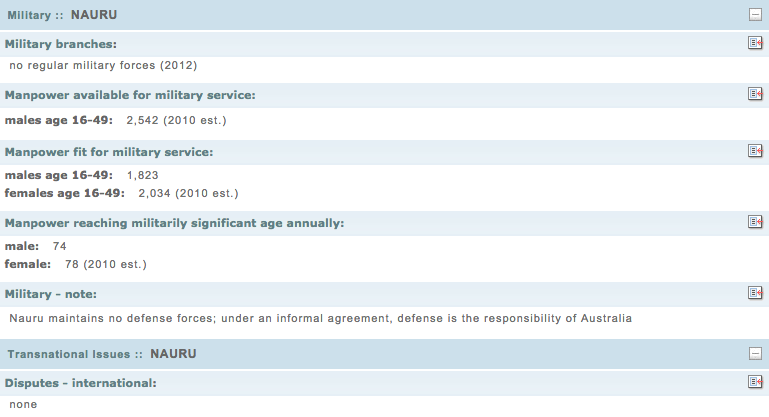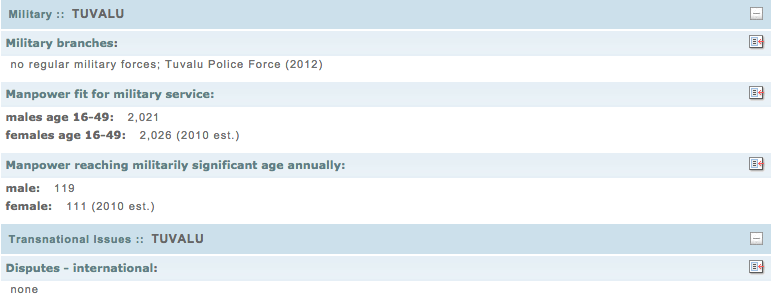I’ve been contemplating how to respond to this hilarious piece from Yishai Schwartz — another of the many “rebuttals” to CitizenFour that betrays rank ignorance of many of the things Edward Snowden leaked. To some degree, Conor Friedersdorf already hit on many key points, notably his takedown of Schwartz’ claims that because people overwhelmingly support the drone program, Snowden shouldn’t be able to invoke it when defending his leaks.
Schwartz goes on to attack Snowden in a particularly unpersuasive way:
Snowden couches his policy disagreements in grandiose terms of democratic theory. But Snowden clearly doesn’t actually give a damn for democratic norms. Transparency and the need for public debate are his battle-cry. But early in the film, he explains that his decision to begin leaking was motivated by his opposition to drone strikes. Snowden is welcome to his opinion on drone strikes, but the program has been the subject of extensive and fierce public debate. This is a debate that, thus far, Snowden’s and his allies have lost. The president’s current drone strikes enjoy overwhelmingpublic support. So citing his opposition to a widely debated policy as his motivation for increasing transparency is, well, odd. But it’s also illustrative. Snowden’s leaks aren’t primarily aimed at returning transparency or triggering a public debate; they are about creating his preferred policy outcomes, outcomes that usually involve a weaker state.
This is a fantastical description of the debate over drones. The White House has repeatedly invoked the state-secrets privilege in lawsuits attempting to stop drone strikes as a violation of the Constitution. The American public was not permitted to see the legal rationale for a drone strike that targeted and killed a U.S. citizen until earlier this year, long after Snowden decided to become a whistleblower. To this day, the government suppresses information on the number of innocents killed in drone strikes.
“In refusing to release to Congress the rules and justifications governing aprogram that has conducted nearly 400 unmanned drone strikes and killed at least three Americans in the past four years, President Obama is ignoring the system of checks and balances that has governed our country from its earliest days,” John Podesta declared in a March 13, 2013, Washington Post op-ed. “And in keeping this information from the American people, he is undermining the nation’s ability to be a leader on the world stage and is acting in opposition to the democratic principles we hold most important.”
To this day the drone debate is a case study in executive-branch officials subverting democracy by withholding information from Congress, sidestepping the judiciary, and denying the public information vital to a policy debate; the matter was even worse when Snowden first decided to become a whistleblower. To cite it as an example of democracy in action betrays deep confusion about American democracy.
I had been thinking precisely the same thing — but also that the drone program also betrays how naive Schwartz’ dismissal of a public interest defense is.
Purportedly, Snowden will not return to face American justice because he would not receive a “fair trial.” But in the movie, Snowden lawyer Ben Wizner admits that his use of the term is somewhat “unusual.” He accepts that Snowden won’t be denied due process, access to counsel or an impartial jury. Rather his complaint centers on the fact that the law doesn’t include a justification defense for leaks made “in the public interest.” Neither, of course, do many other such prohibitions (murder, theft, littering…).
Generally, Schwartz is right that you can’t murder someone and then claim you did it in the public interest.
You can’t, that is, unless you’re the CIA killing an American citizen with no due process. In that case, you can claim a public authority defense, even though you need to torque the law all out of recognition to do it. Ultimately, though, all you’re doing then is arguing that if the President orders you to do it, you can murder another American.
Then there’s Schwartz’ claim (also mocked by Friedersdorf), that he, a white male, doesn’t worry that the government will invade his house. I would add to Friedersdorf that the claim is especially neat coming as it did the day after EFF confirmed what everyone had predicted: the government has been conducting over 10,000 sneak-and-peak searches (ACLU’s Chris Soghoian insists we call these black bag jobs) a year, using a law justified by terrorism, to look for drugs.
Still, what I find funniest about Schwartz’ piece is the way he conflates categories without any apparent awareness.
Snowden’s experience holed up in his hotel—his fear, his precautions, and the U.S. government’s attempt to apprehend him—becomes an illustration of the very tyranny that Snowden set out to unmask.
That latter connection offends me, and it should offend others as well. The implication is that Snowden has been targeted and persecuted by the government because he is a dissenter. This is false. Snowden is a dissenter, but he is also a law-breaker. And the latter is the reason he has been targeted. There are a host of journalists, pundits, and commentators who share Snowden’s views, and they are all dissenters. But as far as I know, journalist Conor Friedersdorf and anchor Piers Morgan do not fear arrest.
For starters, Snowden was exhibiting that “paranoia” (the same paranoia he claims to have taught diplomats, of course) before the NSA knew to worry. He was not yet a law-breaker — at least not as far as the government knew. Moreover (even setting aside that Piers Morgan, newly re-implicated in illegal spying, should fear arrest), journalists are among a fairly broad class of people who should be paranoid even if they don’t fear arrest, because if they’re not sufficiently paranoid they can’t do their job.
But even if Snowden’s behavior were motivated from his role as “law-breaker,” Schwartz’ point should still be wrong, but is not. Snowden has been charged with Espionage, but even with all the propaganda out there, credible law enforcement sources have never claimed they had evidence Snowden was an Agent of a Foreign power. As such, he should be safe from the paranoia that an all-seeing state can find him in Hong Kong, because to find even a law-breaker in Hong Kong, the state should be using mutual legal assistance treaties and the like (though the downing of Evo Morales’ plane should disabuse you of the notion that the state would have in this case). They should be using law enforcement, not the dragnet.
Yet we know — thanks, in part, to Edward Snowden, that the government routinely uses the dragnet as it conducts assessments of people against whom it doesn’t even have evidence of wrong-doing. While the government might, in the first days of Snowden’s leaks, have been able to convince FISC Snowden was probably acting with Chinese or Russian help, that doesn’t change the fact — admitted now by the FBI — that they use the dragnet with mere racial profiling and the like.
Then finally there is Schwartz’ skepticism about the danger of this dragnet, operating globally.
Poitras has little do add to the debate over American surveillance programs. Through the mouths of privacy activist Jacob Appelbam, former NSA whistleblower William Binney and others, she argues that the reach of America’s (and our allies’) surveillance is unprecedented, which is true. But she also insists that our surveillance programs are unnecessary, that increases in government capabilities inherently infringe on our liberty, and warns ominously that dictatorships begin their oppression with the collection of data.
Henry Farrell, in an awesome piece skewering the more liberal version of this American exceptionalism (read for the skewering, but definitely make sure to read through to the argument at the end), warns about the dangers of this globalizing dragnet.
Since September 11, 2001, surveillance has been quietly remaking domestic politics and international relations. The forces of globalization, which rapidly accelerated during the 1990s, made travel, trade and communication far easier and cheaper between the advanced industrial democracies and a key group of less developed countries. The 9/11 attacks exposed the dangers of interdependence. Domestic-security agencies sought—and usually got—vastly expanded resources, allowing them to implement new forms of large-scale data gathering, analysis and sharing. The risks and opportunities of interdependence also led them to work together across borders in unprecedented ways. Not only was it far easier and cheaper than ever before to gather information on how ordinary members of the population were behaving and communicating with each other, but it was also far easier and cheaper to share this information across countries. It is hard to overstate the importance of these data-sharing arrangements.
[snip]
Most liberals assume a clear division between national politics, where we have strong rights and duties toward each other, and international politics, where these rights and duties are attenuated. National-security liberals, in contrast, start from the belief that we owe it to the world to remake it in more liberal ways and that America is uniquely willing to further this project and capable of doing so by projecting state power.
Snowden and Greenwald suggest that this project is not only doomed but also corrupt. The burgeoning of the surveillance state in the United States and its allies is leading not to the international spread of liberalism, but rather to its hollowing out in the core Western democracies. Accountability is escaping into a realm of secret decisions and shadowy forms of cross-national cooperation and connivance.
Almost all Snowden critics refuse to engage this larger problem, the degree to which America’s dragnet is turning its position as global hegemon from a force (debatably) for good into something far more ominous, an infrastructure of discipline. While it may now primarily target dissidents in other countries (though it already does target those who oppose American power), the infrastructure can easily be adapted (and may have, when it was still Stellar Wind) to target US dissidents. And it already does incorporate people — lawyers, human rights workers, journalists — whose roles need protection for democracy to function. In any case, given that it has already incorporated the dragnet into its efforts to racially profile and recruit informants, there’s adequate reason to be alarmed, even if you are a jingoistic American.


